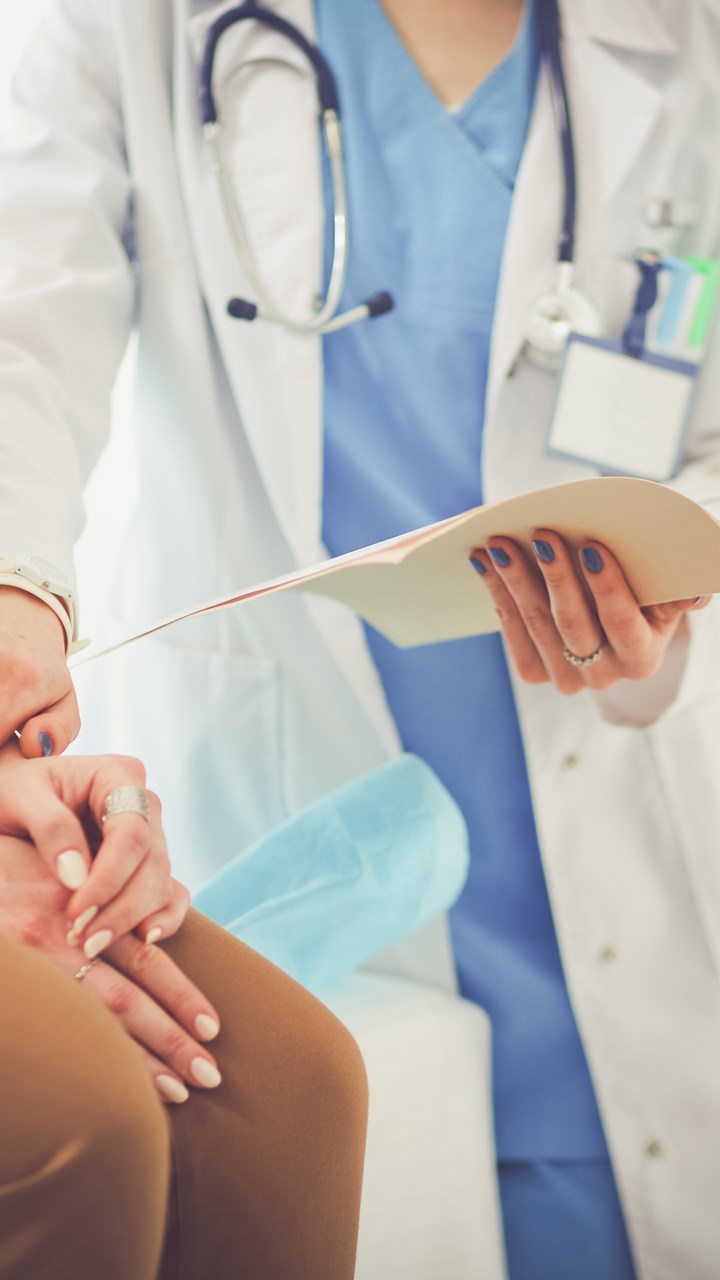Healthy Women Program (Free Cancer Screenings)
Eligibility Guidelines for the Healthy Women Program
- Age 21 – 64 years of age
- 65 years old or older and have not enrolled in Medicare Part B
- At or below 250% of the federal poverty income level
- No health insurance
- Insurance that does not cover services
- Have a high deductible or copay
- No Medicare Part B
Do you qualify? Unsure if you qualify? Give us a call! (515) 286-3642

Services
- Clinical breast or chest exams
- Mammograms
- Pap tests
- Pelvic exams
- Some diagnostic tests
- Blood pressure tests
- Blood cholesterol and other lipid tests
- Blood sugar (fasting glucose)
Why are regular breast/chest and cervical exams so important?
- All people are at risk for breast/chest cancer.
- As women age, they are more likely to develop breast/chest cancer.
- Regular mammograms and Pap tests help find these cancers.
- Early detection is key to find and treat cancer.
Cervical Screening: What to do and When to do it
Your cervix is made up of cells, and sometimes these cells change. Some changes are caused by human papillomavirus (HPV) and can lead to cervical cancer. Finding these changes early gives your provider options to prevent cervical cancer.
The test that finds early changes in cervical cells is called a Pap test. There is also an HPV test for people starting at age 30. HPV tests can find any of the high-risk types of HPV that are commonly found in cervical cancer.
- 21: People should get Pap tests starting at age 21.
- 30: There are three choices for people once they turn 30:
- A Pap test only, every three years
- Both a Pap and HPV test, every five years
- An HPV test only, every five years
- 65: At 65, people with a cervix can stop screening only if they have had several tests that didn't find cancer within the previous 10 years.
Important ways to take care of your health are to:
- Know what normal is for you
- Get pap tests, pelvic exams and clinical breast/chest exams
- Have a mammogram beginning at age 40
- Decrease smoking - Quitline Iowa
- Have your blood pressure, cholesterol and glucose checked annually and more frequently, if recommended
- Eat heart healthy foods
- Be active most days of the week
- Tell your healthcare provider about your concerns
How much do these tests cost?
Through our program, funding is available; you may be eligible to receive breast/chest and cervical cancer screening tests at no cost.
Resources
Iowa Care for Yourself Program
Wisewomen Program
Centers for Disease Control and Prevention - Breast Cancer
Centers for Disease Control and Prevention - Cervical Cancer
Susan G. Komen
Iowa Susan G. Komen
Breast Cancer Videos
Fight Strong Fight Together: African American Breast Cancer Awareness Program
Breast Cancer Awareness from a Male Perspective
Lavette Johnson's Breast Cancer Story
